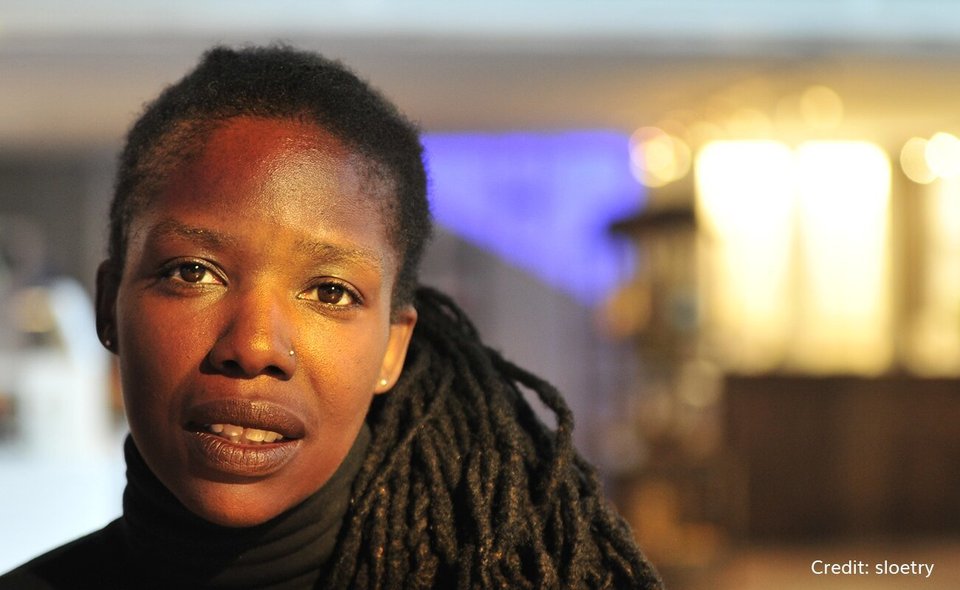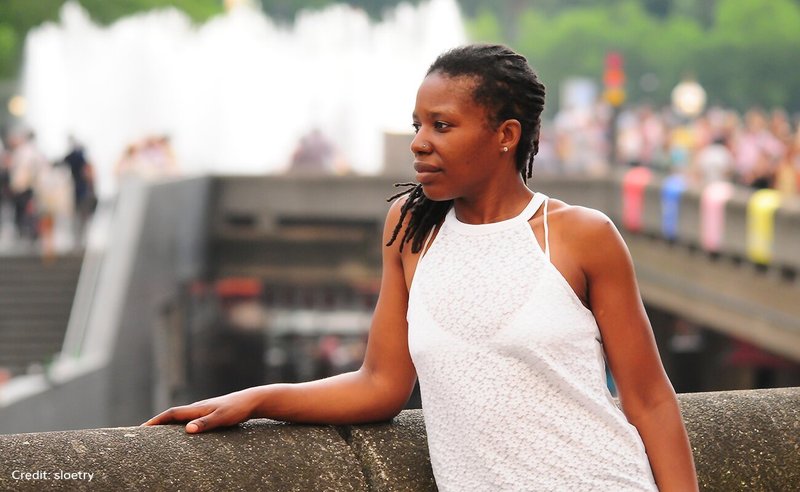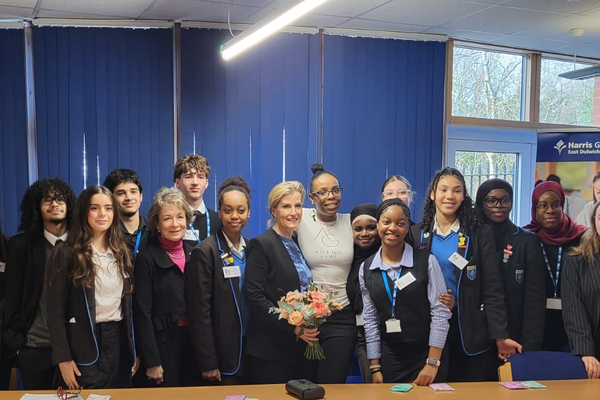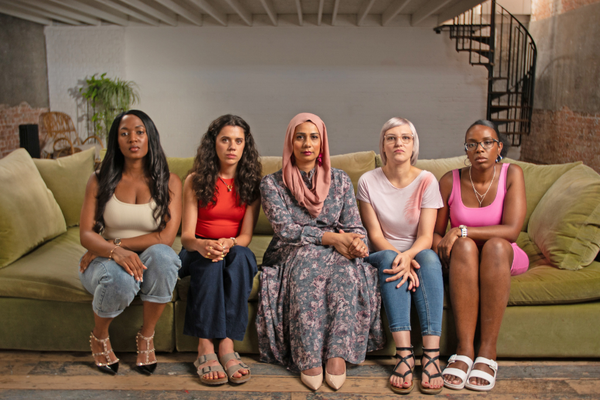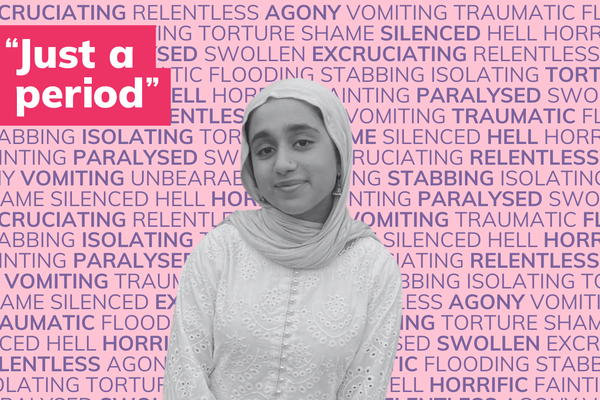
Zaynah’s story: “Instead of revising for my GCSE’s, I was suffering with heavy bleeding and severe period pain”
From the moment Zaynah started her period, she experienced severe pain and heavy bleeding that impacted her education. It took over five years for her to get her diagnosis of endometriosis and adenomyosis. Now, Zaynah is raising awareness of the different gynaecological conditions by supporting her friends on their period journey.
